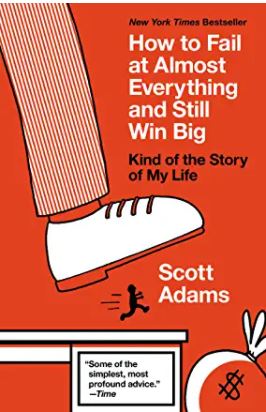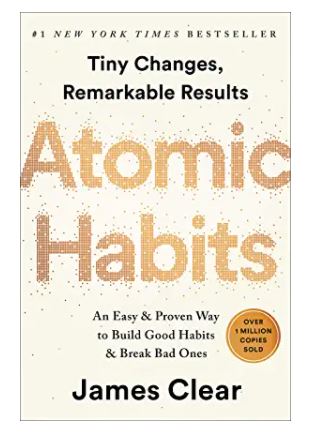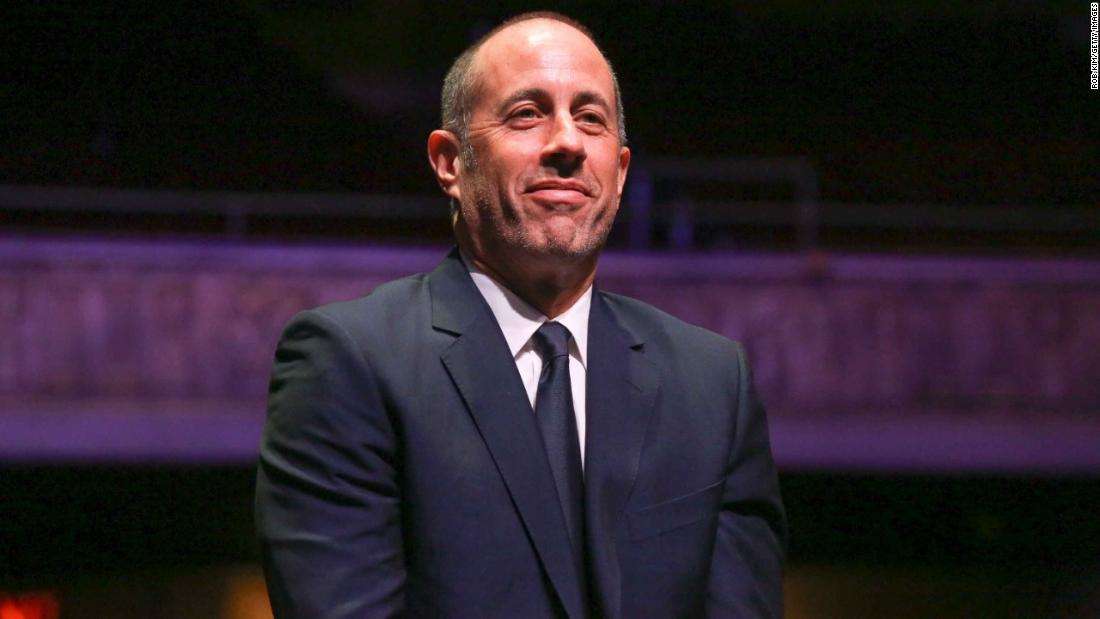
This is the threat to our lives; we all face it. We all operate in our society in relation to a system. Now is that system going to eat you up and relieve you of your humanity or are you going to be able to use the system for human purposes – Joseph Campbell (The Power of Myth with Bill Moyers)
Constantly moving targets and markets make it challenging to commit to objectives that can take years to attain. In the coming Hero’s Journey Economy, people will be adopting or building systems to enable change and counter larger established systems that are not in society’s best interest.
As Scott Adams points out in How to Fail at Almost Everything and Still Win Big, systems are a more reliable approach because systems expand skills. The pursuit of goals is the dreary practice of living in the gap between the current state and the desired future. The method of following systems has the journey taker residing on the path and making incremental steps of improvement and skill mastery. Goals are one-time achievements, while systems build skill assets that broaden the chance for success.[i]

One way of thinking of a system is just a series of daily habits. Trying to lose 10 pounds is a goal. Getting to the gym every morning or taking the stairs at work are habit-based systems. In his book Atomic Habits, James Clear points out that where we are in life is not based on our goals, but rather our health, income, and happiness are a direct outcome of our habits and systems. It’s daily nicking away at something that increases our chances of success. Systems allow for trial, feedback, and iteration. According to Clear, your outcomes are just lagging measures of your daily habits and systems, and this outcome is just a point on a spectrum of repetitive routines.[ii]

Systems focus on the here and now, and goals are in some aspirational future. Always living in the gap between the now and the goal is existing in a permanent state of want. Mel Schwartz writes in his book The Possibility Principle that the gap between what we desire and the current reality leaves us in a state of constant lack. The focus on what we do not have is a consistent reminder of deficiency that be wear on the soul. The persistent feeling of insufficiency can make us feel like a victim of the world rather than an active player in the game of life.[iii]
One challenge with systems is the payoff is delayed, but focusing on a small reward or action that supports the habit can make things more fun and fulfilling. Jerry Seinfeld practiced an exercise of putting an “X” on a calendar for each day he wrote jokes or developed his routine. He did not have a goal to be the best comedian by a particular day. His practice was never to break the change of Xs. Keeping true to the system takes the entire goal out of the picture.
James Clear also points out that keeping to a system of habits does not rely on motivation. Motivation can fluctuate wildly, and if you only go to the gym or if Seinfeld only wrote when he felt motivated, the string of Xs on the calendar would be much less consistent. Building a transformation process reliant on motivation is a system built on quicksand.

Impact of Systems
Consumer purchases make up two-thirds of the US economy. As Individuals adopt systems into their lives, Marketers need to be aware of the systems that could impact their sector to avoid being excluded from the system. Take, for example, the growth of Ketogenic diets on breakfast cereals and beer sales. As a result, Cereal makers have acquired protein bar companies to adjust to the consumers, and low carb/low-calorie beverages are now one of the fastest-growing areas of the beer category.
Weight Watchers and Alcoholics Anonymous are examples of long-standing support systems that have helped millions of people take control of their lives over alcohol and food addictions through specific steps each day. As people adopt transformational habits, many companies will create and collaborate on transformational support systems that offer extensive personalization and differentiated assistance to an individual journey.
Specialized groups, organizations, and companies will combine efforts to contribute to super support systems that enable personal development. Apple has announced partnerships with Aetna Insurance, The University of California Irvine, Peter Munk Cardiac Centre at the University Health Network, and even the country of Singapore. Apple’s objective is to create support systems that guide, motivate, and track on habits for healthier living using the Apple Watch.[iv]
Challenging Societal Systems
As people work toward a more transformation and system-based approach to their lives, many societal systems will be challenged. Frank Dixon, author of Global System Change – A Whole System Approach to Achieving Sustainability and Real Prosperity, believes the wisdom to change can be our found in nature. Dixon was a pioneer researcher in sustainability investing, where he proved that corporations that focused on sustainability where better run organizations. He writes that “modern human systems are at odds with nature and reality (with nature in the sense that we are essentially violating nature’s laws and with reality in that the goal of ours systems is to enhance society, but the result is often to degrade it). Given the misalignment with nature and reality, large scale system change is inevitable and quite possible in the near term”.[v]
Similar to the call to adventure in the Hero’s Journey[vi], Dixon feels global system change around areas like the environment, wealth disparity, and education will either be voluntary or involuntary. Involuntary changes will, unfortunately, be much more painful, and future generations will look back on some of our broken entrenched systems as insanity, similar to how we now look back on slavery.[vii]
Joseph Campbell’s advice of following your bliss requires each individual to take a step back and examine the systems, either personal or societal, that impact their lives. Some of these habits and systems are so ingrained in our lives; it requires us to challenge many of our behaviors and beliefs we have on autopilot. From the daily morning breakfast donut to our perspective of humanity’s role in the environment, we will need to snap out of these conventional thoughts and behaviors to course correct our path in life. For many of us, this will be the first step in our Hero’s Journey.
[i] How to Fail at Almost Everything and Still Win Big By Scott Adams
[ii] Atomic Habits By James Clear
[iii] The possibility Principle by Dr Mel Schwartz
[iv] Apple Insider September 15, 2020 https://appleinsider.com/articles/20/09/15/apple-announces-health-studies-partnerships-focused-on-apple-wat
[v] Global System Change – A Whole System Approach to Achieving Sustainability and Real Prosperity By Frank Dixon
[vi] The Hero with a Thousand Faces By Joseph Campbell
[vii] Podcast with w Frank Dixon

